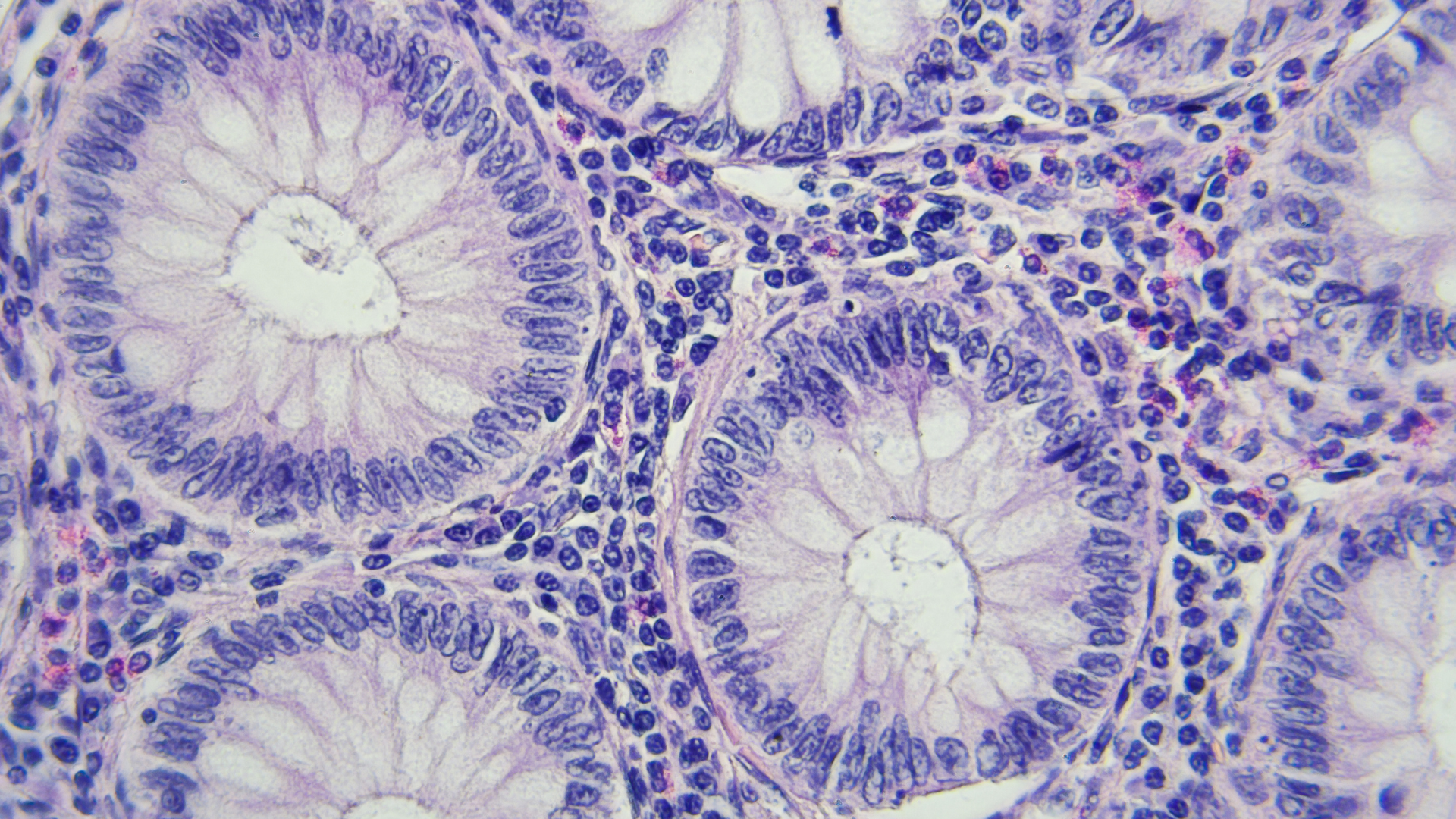
Promising Role of Antidiabetic Drug in Cancer Control
Researchers analyse how an antidiabetic treatment could help control tumour growth, potentially paving the way for improved cancer treatment design.
In a study, published in the Open Access journal Cancers, researchers from Flinders University, in collaboration with the South Australia Health and Medical Research Institute and Flinders Medical Centre, investigate the mechanisms of a type 2 diabetes medication, metformin, when used to treat colorectal cancer cells.
By identifying the molecular mechanisms through which metformin slows colorectal cancer cell proliferation, the researchers aim to demonstrate its potential for developing new cancer therapies.
This article explores these new insights, detailing the researchers’ investigation into the molecular mechanisms of metformin’s activity on cancer cells. These insights have promising implications for future cancer therapeutics.
Role of metformin
Metformin is a primary treatment for type 2 diabetes and gestational diabetes. The treatment works by lowering a patient’s blood sugar levels to improve the body’s insulin response. As a first-line therapy for type 2 diabetes, metformin disrupts the process of cellular metabolism.
Additionally, metformin has demonstrated proven anti-cancer properties in cell lines by reprogramming the metabolism of cancer cells, thereby reducing colorectal cancer risk. Epidemiological research has shown that taking metformin helps protect patients with diabetes from developing certain types of cancer, including colorectal cancer.
The inhibitory effects of metformin, as previously reported in research and clinical trials, demonstrate its ability to regulate inflammatory responses associated with cell death in cancer stem cells.
Metformin and microRNAs
There is growing evidence that metformin affects certain microRNAs (miRNAs), which are small molecules capable of altering gene functions. These changes in miRNA expression likely induce functional modifications in the expression of other genes, such as those involved in cancer cell growth. In the study, the researchers elaborate on the implications of this interplay between metformin-regulated miRNAs and their target genes, emphasising the need for further examination.
To investigate the molecular mechanisms underlying metformin’s anti-tumour effects in colorectal cancer cells, the researchers identify specific miRNAs influenced by metformin. They explain how these miRNAs are found to regulate genes associated with cell proliferation and key signalling pathways.
Specifically, the study finds novel changes in the coding transcriptome and small non–coding RNAs associated with metformin treatment in colorectal cancer cells.
Metformin and colorectal cancer
The research group controlled certain cellular ‘pathways’ to unveil exactly how metformin slows colorectal cancer cell proliferation. These pathways regulate growth and division. This enabled the group to further understand miRNA expression in colon cancer cells to help understand metformin’s effects.
“Importantly, our work has pinpointed that metformin uses small pieces of RNA (called microRNAs) to act as a ‘circuit breaker’ and turn off certain genes that are involved in cell growth and division, so it is possible that our findings could eventually be used to develop a new targeted cancer therapy.” - Dr Ayla Orang, author on the paper.
In particular, the researchers found that metformin increases levels of certain miRNAs, specifically miR-2110 and miR-132-3p. These miRNAs target specific genes and slow the growth and progression of tumour cells.
“With this information, we may be able to develop RNA-based therapies – new treatments for cancer that target RNA molecules (like microRNAs).” – Dr Orang.
The researchers found that increased levels of miR-2110 and miR-132-3p target the gene PIK3R3. This contributes to the miRNAs’ anti-proliferative effect in colorectal cancer cell lines. This targeting helps to slow down cancer cell growth, preventing them from multiplying too quickly. Additionally, other miRNAs were used to target the gene STMN1, resulting in reduced cell growth and delayed cell cycle progression.
These findings confirm the tumour suppressor roles of the selected miRNAs as inhibitors of cell proliferation, offering valuable insights into how metformin disrupts the growth of colorectal cancer cells through post-transcriptional control.
“Our research provides new insights into the molecular mechanisms of how metformin works, and how we might be able to target genes responsible for turning normal cells cancerous.” – Dr Michael Michael, author on the paper.
Future of metformin research
This research offers new insights into the molecular mechanisms underlying metformin’s ability to reduce proliferation in colorectal cancer cells. Understanding the mechanisms by which metformin acts as a preventative agent and disrupts cancer cell growth represents a promising advancement in exploring the clinical efficiency of this antidiabetic drug in cancer control.
After investigating metformin’s impact on cancer cell metabolism, the researchers hope to focus on specific cellular pathways.
“We need to further investigate the potential therapeutic benefits of targeting specific miRNAs or pathways using RNA-based therapies for the treatment of cancer.” – Dr Michael.
Future research
If you’re interested in learning more about this research, you can access the paper published in Cancers. If you would like to read more research in this area, please see the Biomolecules Special Issue “Metformin and Cancer”.










